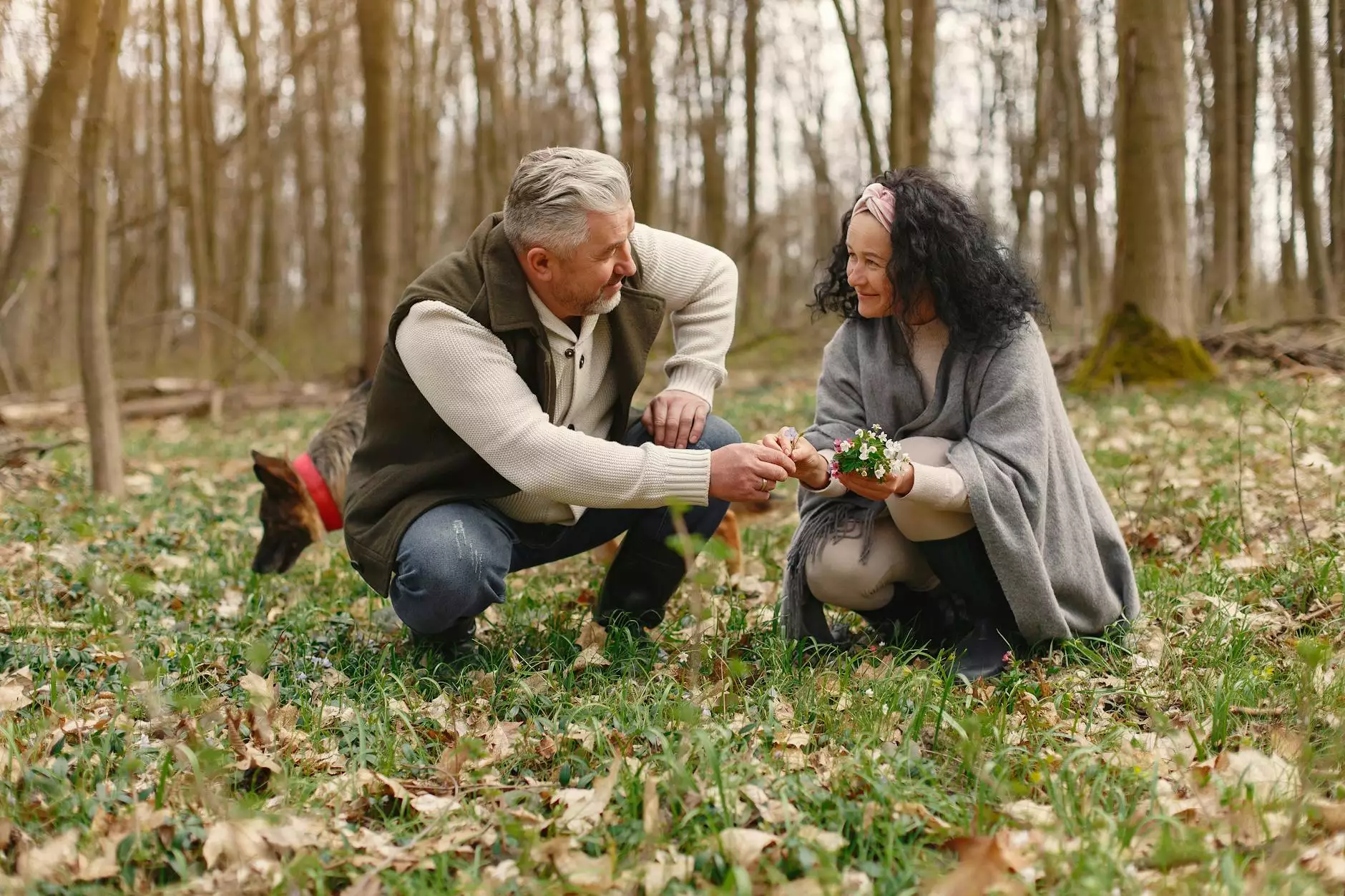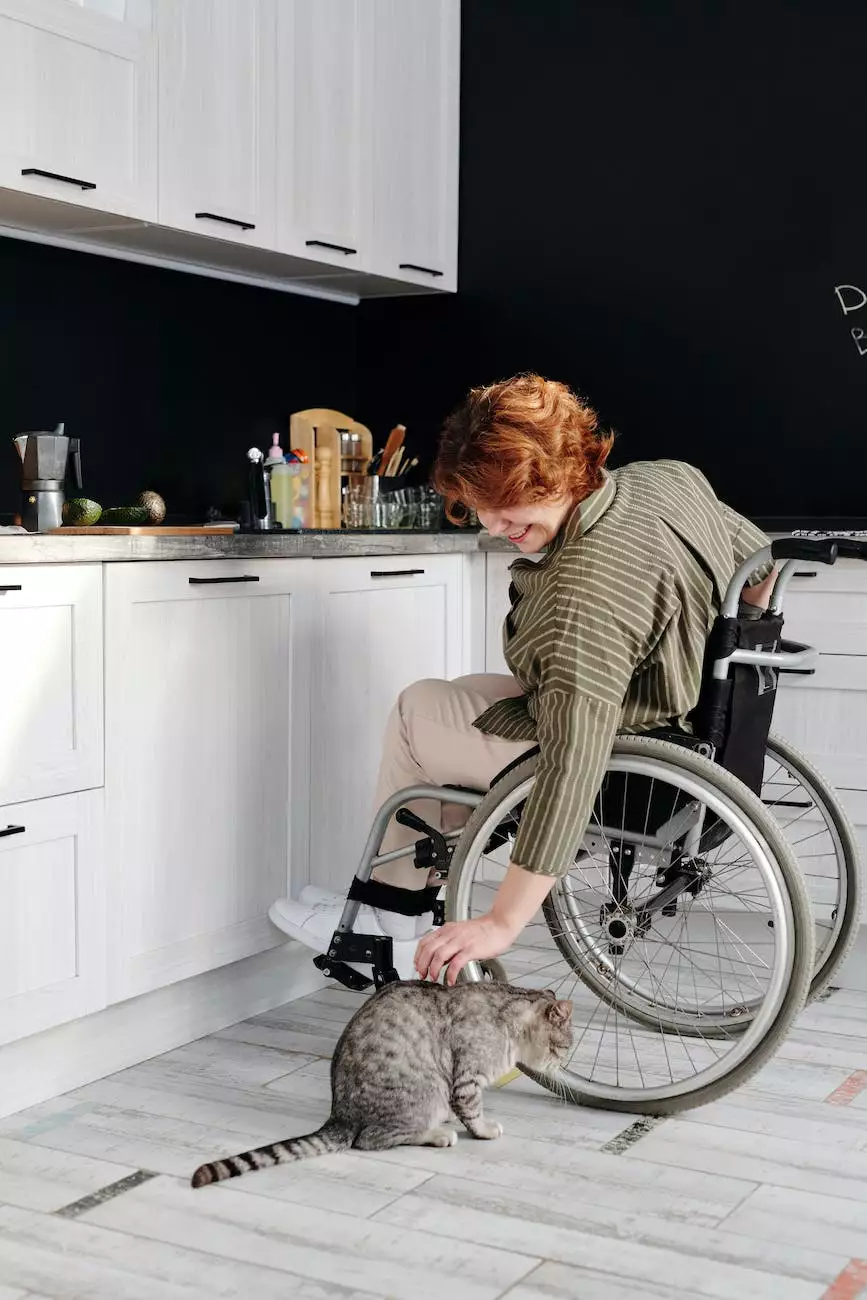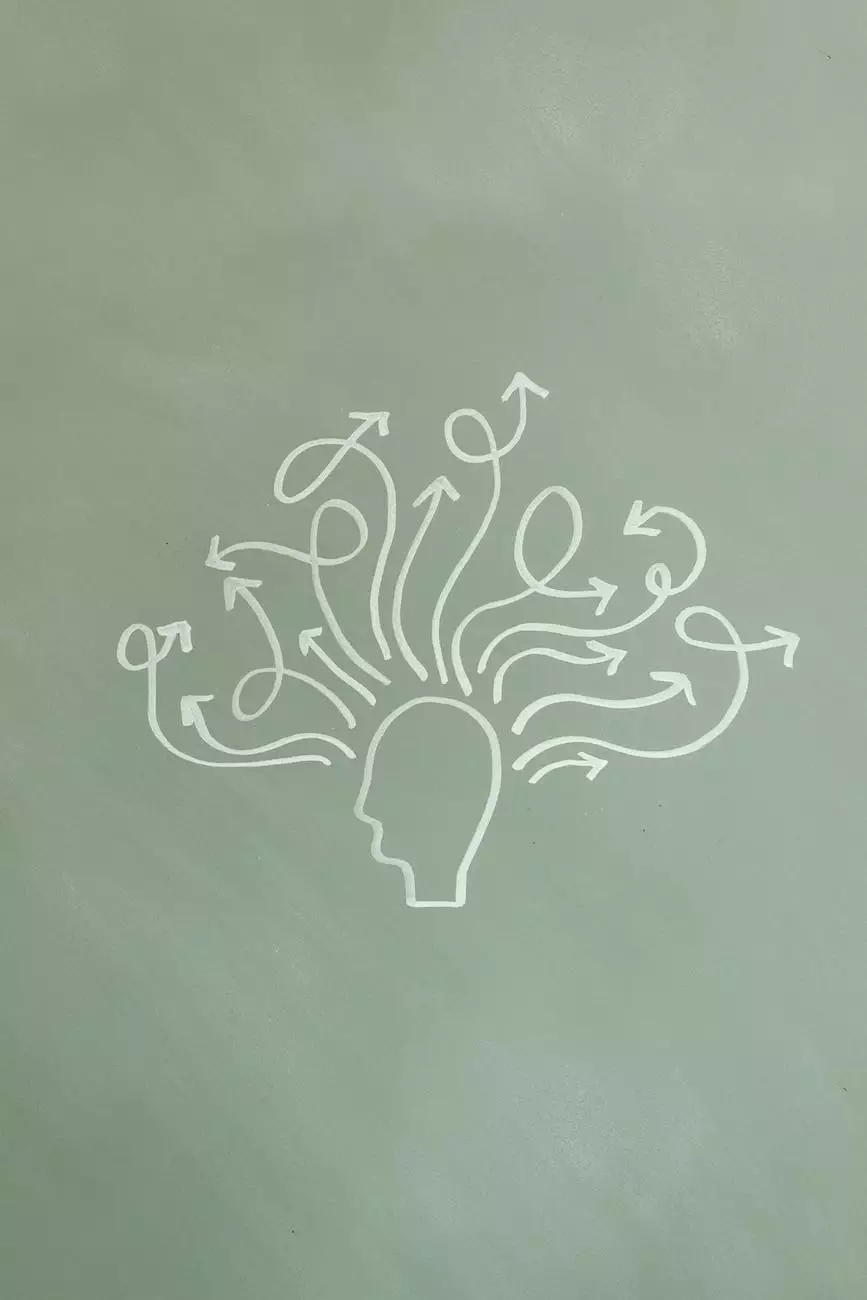9 Ways to Cope After a Family Member Has a Stroke - CARE, Inc

Introduction
Dealing with a stroke in the family can be incredibly overwhelming. As a leading expert in stroke care, Grim Harley, MD understands the challenges families face during this difficult time. In this comprehensive guide, we will provide you with 9 effective ways to cope and support your loved one after they have experienced a stroke.
1. Educate Yourself about Strokes
Knowledge is power, and understanding strokes is crucial in providing optimal care and support for your family member. Take the time to read about the causes, symptoms, and potential treatments for strokes. Familiarize yourself with the impact a stroke can have on physical and mental abilities. Being well-informed will help you navigate the complexities of post-stroke care with confidence.
Subheading: Recognizing the Warning Signs
Recognizing the warning signs of a stroke is essential for early intervention and treatment. Familiarize yourself with the acronym FAST – Face drooping, Arm weakness, Speech difficulty, Time to call emergency services. If you notice any of these signs, act fast and get medical help immediately. The quicker the response, the better the chances of minimizing stroke-related damage.
2. Establish a Strong Support System
Caring for a stroke survivor can be physically and emotionally demanding. Build a support network of family, friends, and healthcare professionals who can provide assistance and guidance on the journey to recovery. Share responsibilities, such as medication management, appointments, and therapy sessions, to ensure your loved one receives holistic care.
3. Encourage and Assist with Rehabilitation
Rehabilitation plays a critical role in helping stroke survivors regain their independence and quality of life. Encourage your family member to actively participate in physical and occupational therapy sessions. Offer your assistance and accompany them to these appointments, providing encouragement and motivation along the way. Celebrate each milestone achieved during the recovery process.
4. Foster Effective Communication
Communication can be challenging for individuals who have experienced a stroke. Practice patience and understanding while engaging in conversations with your loved one. Encourage open dialogue, active listening, and the use of alternative communication methods, such as writing or using assistive technology. Maintain eye contact and show empathy to create a positive and supportive environment.
5. Assist with Daily Activities
Stroke survivors often need assistance with daily activities due to physical limitations or cognitive impairment. Offer support with tasks such as bathing, dressing, meal preparation, and medication management. Create a safe and accessible environment at home by making necessary modifications, such as installing grab bars, ramps, or handrails.
6. Practice Self-Care
Caring for a stroke survivor can be emotionally draining, so it's crucial to prioritize your own well-being. Take time to engage in activities that bring you joy and relaxation. Seek support from counseling or support groups to help manage stress and navigate the emotional challenges of caregiving.
7. Seek Professional Assistance
Consider seeking professional help from healthcare providers, such as Grim Harley, MD, who specialize in stroke care. Experts in the field can provide valuable guidance, tailor treatment plans, and offer resources to ensure optimal care for your loved one and yourself. Don't hesitate to reach out for assistance when needed.
8. Stay Informed on Medical Advances
Medical research and technology are continually advancing in the field of stroke care. Stay informed about new treatments, medications, and therapies that may enhance your family member's recovery journey. Consult with healthcare professionals to explore any potential innovative options that could make a difference.
9. Join Support Groups
Connecting with others who have experienced similar situations can provide a sense of community and understanding. Join local or online support groups for stroke survivors and caregivers. Share experiences, tips, and coping strategies with others who can relate to your journey. These groups offer emotional support and valuable insights.
Conclusion
Coping with a family member's stroke requires resilience, patience, and knowledge. By implementing these 9 ways to cope after a stroke, you can create a supportive and empowering environment for your loved one's recovery. Remember, you are not alone in this journey. Reach out to professionals, create a strong support network, and practice self-care to ensure the best possible outcome for your family member and yourself.










